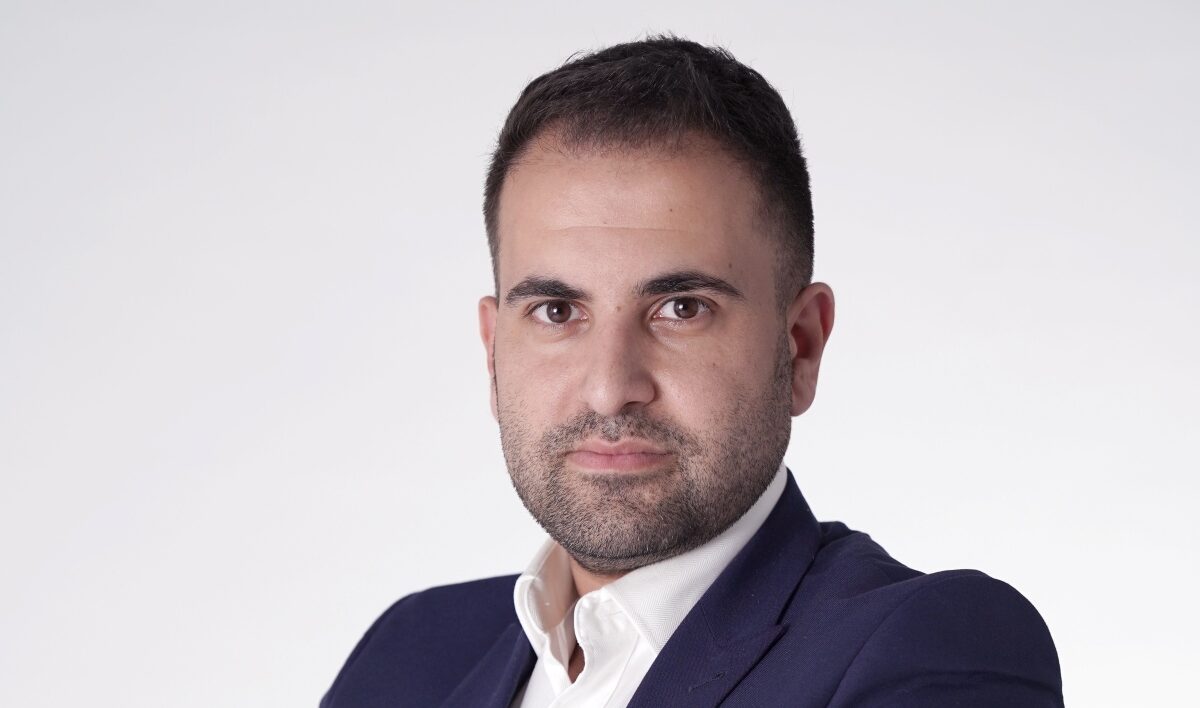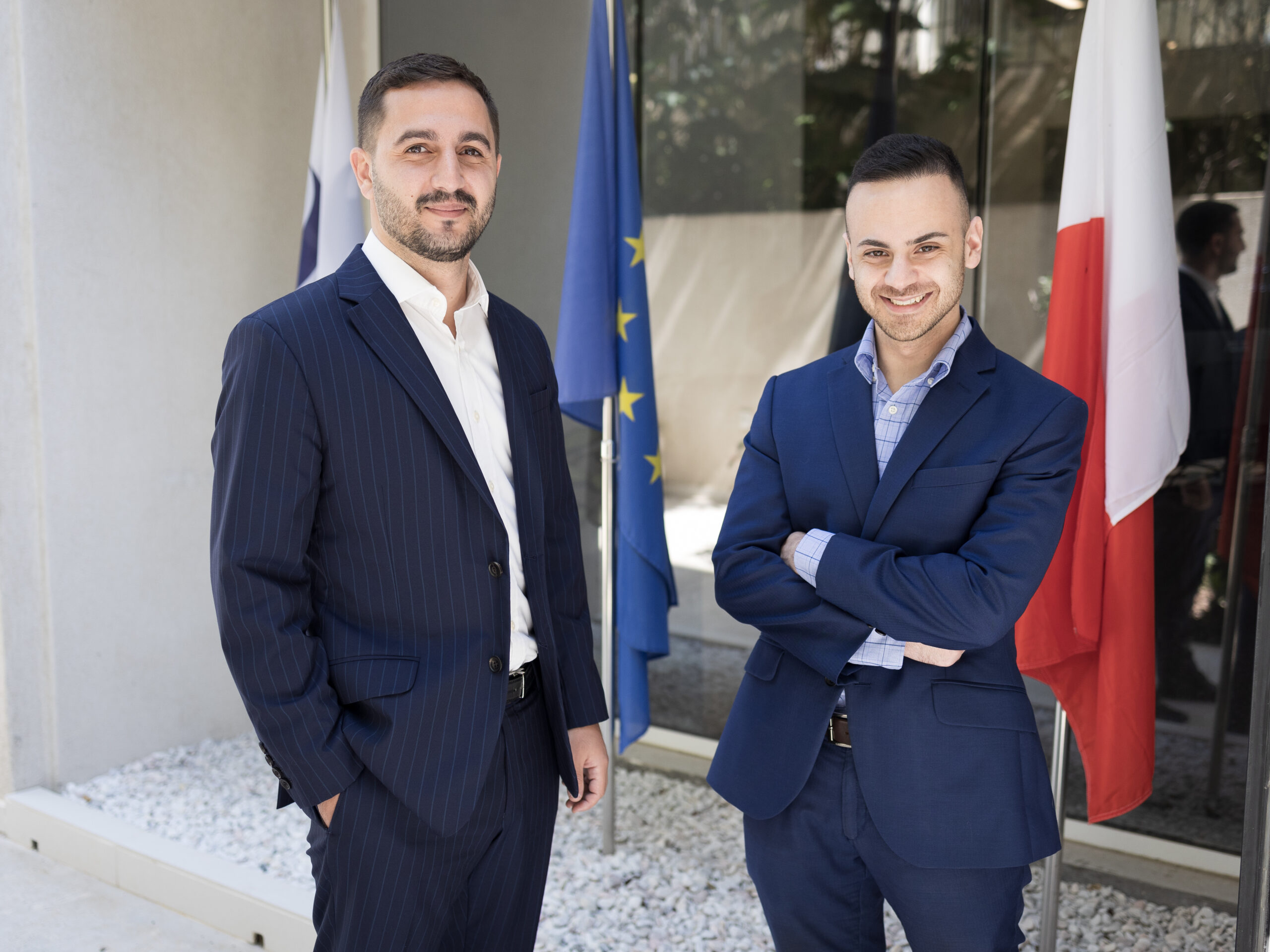Kindred Group has reported that during the third quarter of 2021, its share of revenue from harmful gambling fell to 3.3 per cent, down from 4.3 per cent it recorded in the quarter previously.
The company made this declaration as part of its commitment to contribute to a more sustainable gambling industry, through the fostering of “an open and fact-based dialogue.”
Eventually, as part of its ‘journey to zero’, the group aims to reach zero per cent of its revenue from harmful gambling by the end of 2023, and says it will continue to make quarterly reports in its pursuit of this.
“We are pleased to see that the percentage of revenue coming from harmful gambling has decreased. Whilst we welcome this decrease, we do understand that we still have to work hard to further decrease this number,” commented Henrik Tjärnström, CEO of Kindred Group.
“In line with our roadmap, our operational teams have worked to implement more proactive customer interactions, and this has resulted in an increase in the use of control tools to help customers stay in control,” he added.
He also explained that Kindred has been taking “a more cautious” approach to younger betting demographics, since the group is at a higher risk financially, and is “more prone to addiction.”
The company has therefore set up tailored approaches to de-risk customers that are between 18 and 24 years old, Mr Tjärnström said, and it is already seeing the benefits of this.
On 11th October, Kindred’s Head of Responsible Gambling and Research, Maris Catania, together with her PhD tutor, Professor Mark Griffiths, published a peer-reviewed research paper that examines the application of DSM-5 criteria for gambling disorder to actual online gambling behaviour.
This notion and approach are the basis for the ideology behind Kindred’s behavioural monitoring system. In the future, the company says it will continue to work on publishing more research to increase the transparency of information through empirical studies
”To limit harmful gambling, the behaviour has to be identified in the first place. Our research provides Kindred with actual examples of the types of behaviour engaged in by problem gamblers, which could be used by the player protection team to identify potential markers of harm,” commented Prof Griffiths.
Continue Reading
Together Gaming Solutions plc announces early redemption of its 5.9% unsecure callable bond
These bonds were originally issued in 2019 and scheduled to mature between 2024 and 2026
Evolution to develop online live casino and slots for MONOPOLY and other Hasbro games
Hasbro hands out MONOPOLY licence tokens to a total of four iGaming firms
CasinoBonusesFinder: A fresh look at bonus finding in 2025
Since 2010, online platform CasinoBonusesFinder has helped players answer one essential question: Which casino bonus is truly worth my time?
Maintaining Malta’s edge in iGaming – CLA Malta weighs in
As emerging jurisdictions challenge Malta's iGaming dominance, CLA Malta’s experts outline the critical success factors










